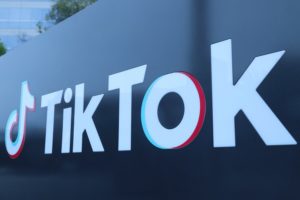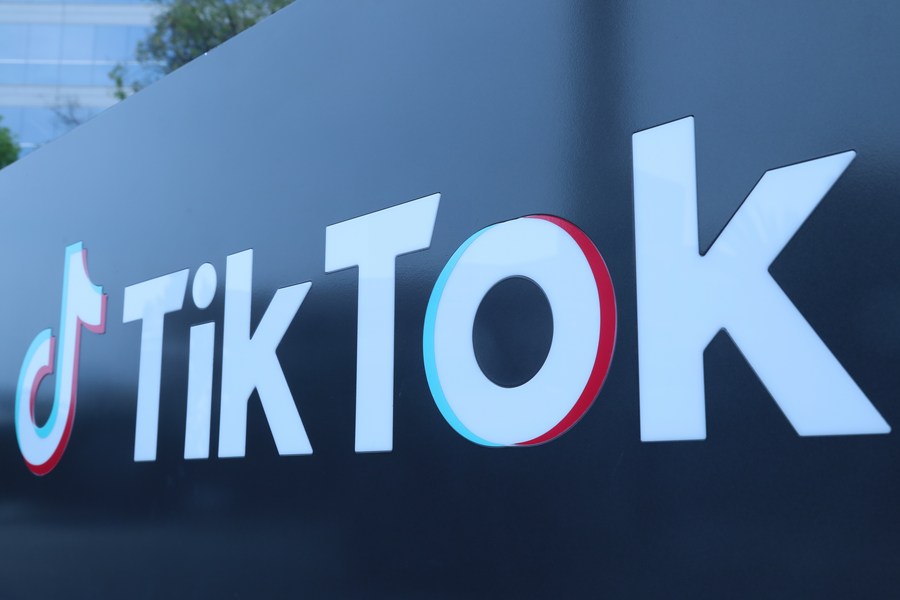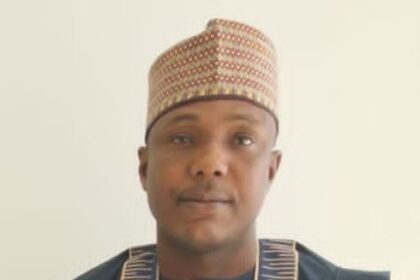
By Adeyemi Adekunle
President Donald Trump signed an executive order on Monday, granting TikTok a temporary reprieve from the U.S. government’s demands for its Chinese parent company, ByteDance, to sell a majority stake in the popular social media platform.
The 75-day extension is seen as a significant delay in the enforcement of a law passed under President Joe Biden’s administration that bans the app in the United States unless ByteDance sold its share.
The executive order marks an abrupt halt to the drama that has surrounded the platform for the past several months. Originally, the Biden administration indicated it would not act immediately to enforce the law requiring ByteDance to divest from TikTok.
In light of this, Trump’s decision to prolong this moratorium comes as the administration works to figure out its next steps regarding the widely used app.
The order, which was issued just days after the Supreme Court upheld the constitutionality of the law that would have forced ByteDance to comply, reveals Trump’s commitment to resolving the issue in his own manner during the early days of his second term. The law, which went into effect just two days prior to the order, mandates ByteDance’s divestment of at least an 80% stake in TikTok if the app is to remain operational in the U.S.
“I hereby order the Attorney General not to take any action on behalf of the United States to enforce the Act for 75 days from the date of this order, to permit my Administration an opportunity to determine the appropriate course of action with respect to TikTok,” stated the White House in its announcement.
The act, signed by Biden in April 2025, outlined specific requirements for TikTok’s future operations in the U.S., citing security concerns tied to its parent company’s ties to the Chinese government. Both Biden and many bipartisan members of Congress have expressed worries that TikTok might be used as a tool for propaganda or as a potential vehicle for Chinese espionage aimed at surveilling U.S. citizens.
However, in a twist to the growing saga, TikTok took a brief hiatus from U.S. operations following the Court’s decision on Friday. On Saturday, the platform became unavailable to U.S. users, much to the confusion of both casual users and companies who rely heavily on the app for business. In response to a public appeal from Trump, TikTok quickly resumed service by Sunday, even providing users a brief greeting thanking the president for his intervention to keep the platform operating.
The reprieve has raised questions about Trump’s long-term objectives. A significant part of the executive order mandates that the U.S. Department of Justice will take no actions against companies aiding TikTok’s resurgence. Companies, including Apple and Google, which provide the platform’s distribution through their app stores, are reassured they will face no legal ramifications for facilitating the return of TikTok’s U.S. operations.
Trump’s direct involvement is part of his broader stance toward Chinese-owned technologies that were under scrutiny during his initial presidency. Despite previous disputes, Trump’s remarks on Sunday about “saving” TikTok drew considerable attention and brought the matter back into the national spotlight, just ahead of his second inauguration.
“The people wanted TikTok back, and they’ve been listening to me,” Trump wrote on Truth Social. “We have a deal that makes sense.”
One of Trump’s proposals, which he shared privately and in public commentary, suggested a potential 50-50 ownership split between ByteDance and a U.S.-based entity, a stance that could see significant political and legal challenges. It remains unclear whether any deal would be compatible with the previously established law or whether U.S. regulators, with international consultations, would endorse it.
Many investors, particularly in the technology sector, have indicated willingness to purchase the required shares in TikTok to prevent a full ban. However, for now, China had given no public indication that it was ready to allow such a deal, leaving the international stakes uncertain.
Just before the executive order was signed, China’s Foreign Affairs Ministry weighed in on the controversy, signaling that it may be open to discussions about a sale, but under the condition that it adheres to market principles. A spokesperson for China’s Ministry, Mao Ning, emphasized that such deals should be decided based on market decisions and business operations, provided that they are compliant with China’s national regulations.
“As for business operations and acquisitions, we firmly believe that these should be decided according to market principles and left to the discretion of the companies. If Chinese companies are involved, they should comply with China’s laws and regulations,” stated Mao.
Despite such willingness to entertain the sale of a portion of TikTok’s operations, the Biden administration continues to insist that the sale must occur. U.S. leaders’ main concern revolves around TikTok’s security implications. As it stands, U.S. regulators argue that data harvested by TikTok could be funneled back to Beijing, presenting a national security risk. Whether Trump’s directive will lead to any long-term modifications of the law or potentially alter its course remains a significant area of concern.
Additionally, national security experts have warned that Trump’s executive order may add further confusion to an already politically charged issue. Lawrence Gostin, an expert on global public health, noted, “It’s evident that we are caught between the political ramifications of such high-profile technology issues and the real-life consequences of making decisions based on power and influence rather than genuine security concerns.”
As of now, it’s unclear what timeline will unfold with TikTok’s continued U.S. presence, but experts and executives alike continue watching as Trump works to broker a solution. Whether it’s by forging new compromises between ByteDance, its investors, the U.S., and Beijing, TikTok’s fate in the U.S. will almost certainly remain at the forefront of Trump’s second-term legacy.




